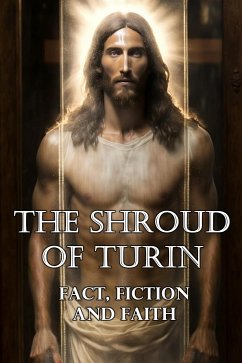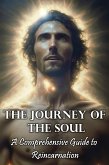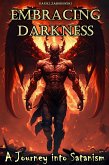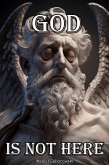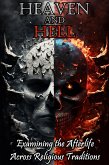"The Shroud of Turin: Fact, Fiction, and Faith" is a comprehensive book that examines the history, science, and religious significance of the Shroud of Turin. The book is divided into seven parts, starting with an introduction that provides an overview of the shroud and its importance. Part two delves into the history of the shroud, from its origins to the controversies surrounding its authenticity, and its significance to the Christian faith.
Part three focuses on the scientific studies of the shroud, including radiocarbon dating, forensic pathology, analysis of the bloodstains and other physical properties, and theories on the image formation. The fourth part examines the image on the shroud, theories on its formation, its significance to the Christian faith, and its impact on art and culture.
Part five explores the religious significance of the shroud, including theological interpretations, the role of the shroud in Christian traditions and rituals, and its impact on faith and spirituality. Part six discusses the shroud's influence on popular culture, including its appearances in film, literature, art, and advertising, as well as conspiracy theories and fringe beliefs.
The book concludes with a summary of the main points and a reflection on the shroud's impact on history, science, and faith. Overall, "The Shroud of Turin: Fact, Fiction, and Faith" provides a balanced and informative perspective on one of the most intriguing and controversial artifacts in human history.
Part three focuses on the scientific studies of the shroud, including radiocarbon dating, forensic pathology, analysis of the bloodstains and other physical properties, and theories on the image formation. The fourth part examines the image on the shroud, theories on its formation, its significance to the Christian faith, and its impact on art and culture.
Part five explores the religious significance of the shroud, including theological interpretations, the role of the shroud in Christian traditions and rituals, and its impact on faith and spirituality. Part six discusses the shroud's influence on popular culture, including its appearances in film, literature, art, and advertising, as well as conspiracy theories and fringe beliefs.
The book concludes with a summary of the main points and a reflection on the shroud's impact on history, science, and faith. Overall, "The Shroud of Turin: Fact, Fiction, and Faith" provides a balanced and informative perspective on one of the most intriguing and controversial artifacts in human history.

